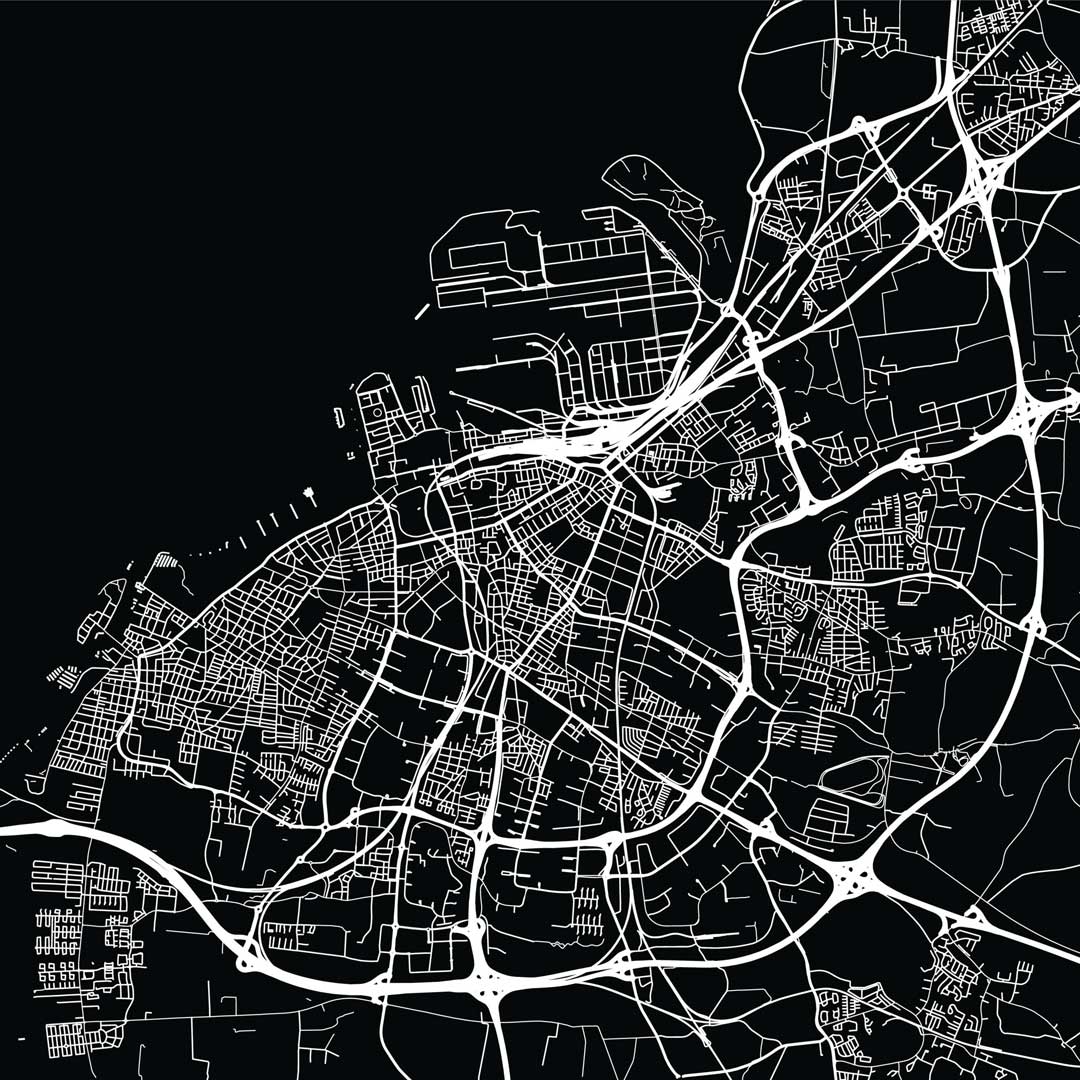
The LEMA project has been formed in Malmö by two entities: Malmö University and the City of Malmö. The project has involved a group of young boys, aged 18–20, living in a socioeconomically vulnerable neighbourhood in the city.
The main aim of LEMA has guided the project carried out in Malmö, which was based on the philosophy and the methodological framework of Future workshop. Its philosophy is to offer a democratic and participatory arena for discussions connected to an overarching theme that the participants wish to change or develop. The theme often concerns a subject or state in a neighbourhood, school, or workplace. In Malmö the participants discussed young people’s lives in their neighbourhood, that is,
“What do I/we need to do to give young people in [the neighbourhood] a good life today and in the future?”. ”
Two facilitators guided the participants through the three phases that the method of Future workshop is based on. In the first, critiquing phase, they reflected and analyzed on options and barriers related to the theme, and in the second, vision phase, on alternatives and utopian ideas on how they would want it to be. Following the method, the work ended with a realization phase where the participants discussed concrete solutions and actions. This phase is important because the primary aim of Future workshop is to support change. Here the participants therefore used the analytic work and ideas from the previous phases to agree on further actions and activities.
The Future workshop is a method developed by Robert Jungk and and Norbert Müllert (1984) aiming at creating a democratic space where people, on their own premises and conditions, can come together to collectively influence their surroundings and their own lives. The method, which today is used in various countries including Sweden and Denmark, thus offers a space where participants with different interests, experiences and values meet to discuss and plan actions for change.
The Future workshops underlying ideas and views are by Denvall and Salonen (2000) crystallized into six dimensions that form an ideological basis for developmental and change work:
The Future workshop offers first and foremost an arena for promoting action and change, based on a structured process that combines rational and logical analysis with creativity (Denvall och Salonen 2000:30). Applying the method in a research context is somewhat different from this approach. However, as for the urban method “Upturned participation”, the Future workshop offers the possibility for actions researchers to systematically investigate and analyze how changes can be created when drawing on participants own critique, visions, and solutions. In this way knowledge about social and societal development can be created.
Buhl, Jette; Gitte Nilesen & Ingrid Therkelsen (1989). Fremtidsverkstad – en udfordring til det sociale arbejde. Nordiskt Sosialt Arbeide 3/1989, 16–22.
Denvall, Verner & Tapio Salonen (2000). Att bryta vanans makt – Framtidsverkstäder och det nya Sverige. Lund: Studentlitteratur
Jungk, R., and N.R. Müllert. 1984. Håndbog I Fremtidsværksteder. Viborg: Politisk Revy. (TRAN Nielsen, B. S.)
Contact: Ph.D., Associate Professor Ditte Tofteng, Copenhagen University College DITO@kp.dk